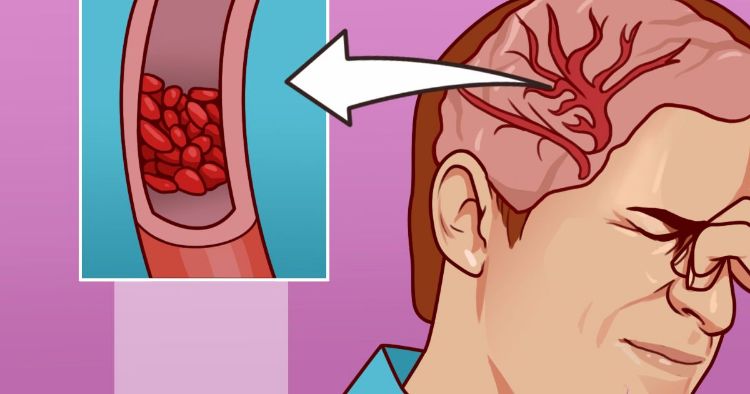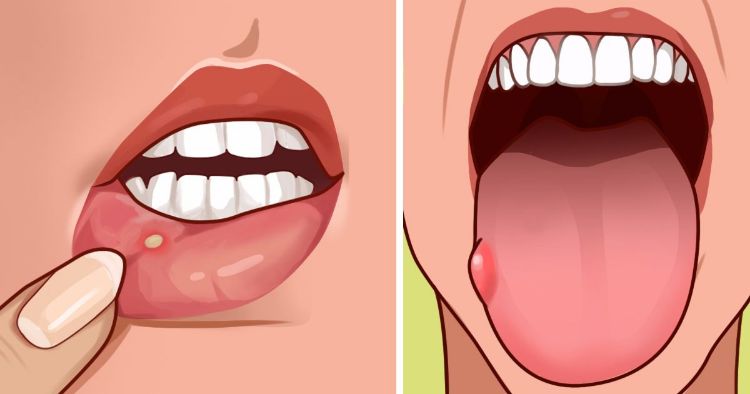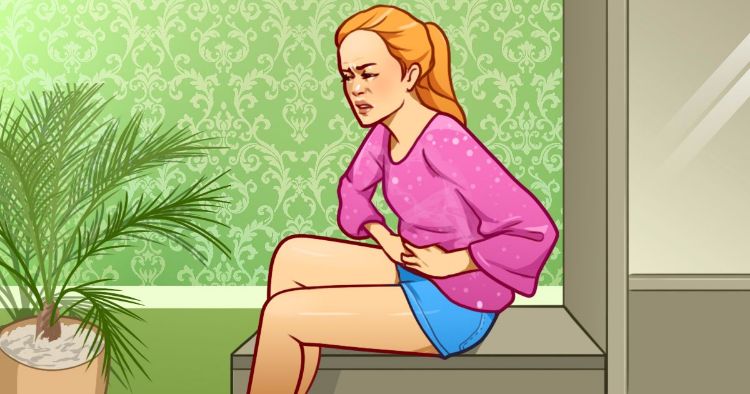7+ common vitamin deficiencies and what to do about it
The best way to ensure that you're getting all
the vitamins your body needs to function properly is to eat a healthy
and balanced diet. In fact, one of the main reasons many people suffer
from deficiencies is that they don't eat the way they should. But even
if you eat a healthy and balanced diet, the way your food is stored, a
lack of freshness and processing can greatly affect the vitamins your
body is able to absorb.
The list below
describes how certain vitamins are essential to your health, some
symptoms you may recognize if you're suffering from a deficiency and the
foods you should eat to get your vitamin levels back on track. There
are supplements you can take, but usually the best source is the
all-natural way through food.
It's important to note that you cannot diagnose a
vitamin deficiency on your own, so if you recognize any of these
symptoms, make an appointment with your doctor. Under your doctor's
guidance and supervision, you can get a deficiency under control in a
way that works for you and any of your pre-existing conditions.

1. Vitamin B12
Vitamin
B12 plays a vital role because it aids the production of DNA and helps
make new neurotransmitters in the brain. You may be surprised to learn
that this vital vitamin is not made naturally in the body. We rely on
food to supply us with enough vitamin B12 to keep us healthy. But what
are the signs of deficiency?

2. Magnesium
Magnesium
helps detoxify your body of environmental toxins and prevent migraines
and cardiovascular diseases. Some studies show it could even reduce the
risk of developing diabetes for those who are high risk. But despite its
incredible benefits to our bodies, 80 percent of us have a magnesium
deficiency.

3. Vitamin D
Vitamin
D is something we often forget to think about because it occurs in our
bodies as a natural response to the sun. However, since 2000, new
studies have shown that Vitamin D deficiencies are actually rampant.
This is affecting people of all ages who wear sunscreen on a daily
basis, but also the elderly—humans produce less Vitamin D with age, and
elderly people are more likely to spend the majority of their time
indoors. The only way to be sure whether you are Vitamin D deficient is
with a blood test.

4. Iron
Iron
is so important to your health because it helps your body make the red
blood cells it needs. When your iron levels are too low, your body can't
carry enough oxygen, which can cause serious problems.

5. Calcium
Drink your milk! Here's what you probably
already know about this essential vitamin: Calcium is crucial for strong
bone health. But it also controls muscle and nerve function. As we get
older, bones become less dense, so it's easy to be deficient of calcium. .

6. Folate
Also
known as folic acid, folate is an extremely important vitamin for
pregnant women and any women of childbearing age. Folate keeps cells and
red blood cells in check, and a decrease in folate can cause neural
tube defects in unborn children. Folate is water-soluble, so it can't be
stored in our bodies long-term. We simply expel excess amounts in our
urine. This means that we need to constantly replenish our supply of
folate or we can become deficient in just a matter of weeks.

7. Vitamin C
Tossing
back some Vitamin C when you're suffering from a cold isn't likely to
help the virus run any faster, but Vitamin C has plenty of benefits that
you could be missing out on like protection against eye disease and
wrinkling. Losing out on the health benefits of Vitamin C isn't the only
reason you should worry about getting enough, low Vitamin C levels can
lead to a bevy of health problems. .

8. Potassium
Potassium
helps ensure that all of your muscles (including your heart) work the
way they should. The potassium in your blood helps control your blood
pressure. Low potassium can lead to a number of health concerns
including heart palpitations, cramps, and other issues.

9. Vitamin A
Vitamin
A is found in many fruits and vegetables commonly available to people
today, yet most people don't think too much whether they are getting
enough of it in the food they consume. Many don't ever think about the
possible consequences that can arise from not getting sufficient vitamin
A in their diet. Don't be like most people.